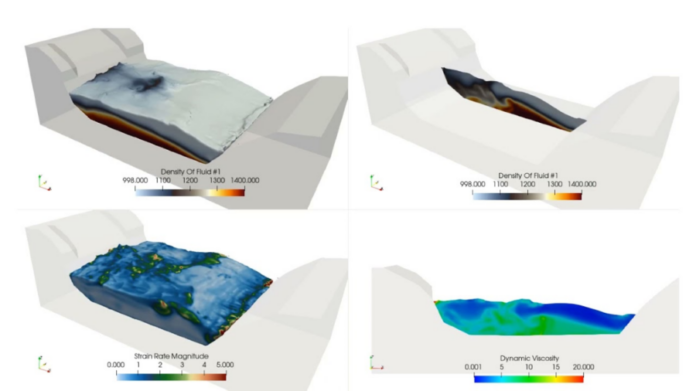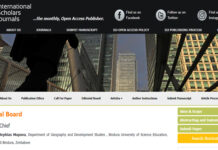Two papers published in the Ain Shams Engineering Journal have been retracted following complaints by a U.S.-based engineering software company, Flow Science, Inc., which alleged unauthorized use of its proprietary software, FLOW-3D. This case underscores the intersection of academic publishing, intellectual property rights, and the ethical use of licensed tools in research.
FLOW-3D is a specialized software widely employed to simulate fluid dynamics, essential for research and development in engineering and environmental sciences. According to Tom Jensen, vice president of Flow Science, the company discovered the unauthorized usage during routine internet monitoring of citations referencing its software. Researchers, he noted, often fail to obtain valid licenses, sometimes resorting to illegal means such as downloading cracked versions of software from the dark web.
When the company identified unlicensed usage in the two papers, they contacted the authors and offered them the opportunity to rectify the situation by purchasing an academic license. Despite providing this option, Flow Science received no response. Consequently, they sought retractions from the journal, citing violations of intellectual property rights. “We offer greatly reduced pricing for academic licenses and support numerous academic users globally,” said Jensen, emphasizing the availability of legitimate access options.
Ethical Concerns in Academic Research
The Ain Shams Engineering Journal, an Elsevier publication, retracted the two articles, citing violations of its submission requirements, which mandate that all software used in published work must be legally licensed. The retraction notices issued by the journal stated:
One of the conditions of submission of a paper for publication is that the article does not violate any intellectual property rights of any person or entity and that the use of any software is made under a license or permission from the software owner.
The retracted studies were authored by Egyptian researchers affiliated with universities in Zagazig and Alexandria. The first paper, titled “Investigating the peak outflow through a spatial embankment dam breach,” was published in November 2022 and retracted in September 2023. It had already garnered three citations according to Clarivate’s Web of Science. The second paper, “Effect of tailwater depth on non-cohesive earth dam failure due to overtopping,” was published in August 2023 and retracted in October of the same year, after receiving two citations. Despite attempts to contact the authors for comment, none responded to inquiries from Retraction Watch.
Broader Implications for Research and Intellectual Property
This case highlights the risks associated with the unlicensed use of proprietary tools in academic research, which not only violates intellectual property laws but also raises ethical concerns. Researchers may inadvertently undermine the integrity of their work and face reputational damage. For journals, the incident underscores the importance of enforcing policies that ensure compliance with intellectual property rights. While publishers like Elsevier hold individual journals accountable for verifying license validity, gaps in enforcement can lead to high-profile retractions.
A Broader Pattern
The retractions are not isolated incidents. Similar cases have occurred across disciplines, with researchers facing consequences for misusing copyrighted material. For instance, in 2017, a scientist demanded substantial licensing fees for the unauthorized use of a copyrighted questionnaire, leading to the withdrawal of several papers. Ironically, a foundational paper for that same questionnaire was later retracted in 2023, highlighting the complexities of intellectual property in academia.
Lessons for the Research Community
These retractions serve as a cautionary tale for researchers, institutions, and publishers. Researchers should prioritize using legally obtained resources and verify the licensing status of any tools employed in their studies. Academic institutions can support this by negotiating site licenses or subsidizing access to essential software. Journals, on the other hand, must adopt robust mechanisms to vet submissions for compliance with ethical and legal standards, safeguarding the credibility of published research.
In an era where software tools play an increasingly pivotal role in research, the ethical and lawful use of these resources is not just a legal obligation but a cornerstone of academic integrity.
For more details, visit Retraction Watch













 The African Research (AR) Index is a comprehensive scholarly directory and database focused explicitly on journal publishers that publish and disseminate African research.
The African Research (AR) Index is a comprehensive scholarly directory and database focused explicitly on journal publishers that publish and disseminate African research.

